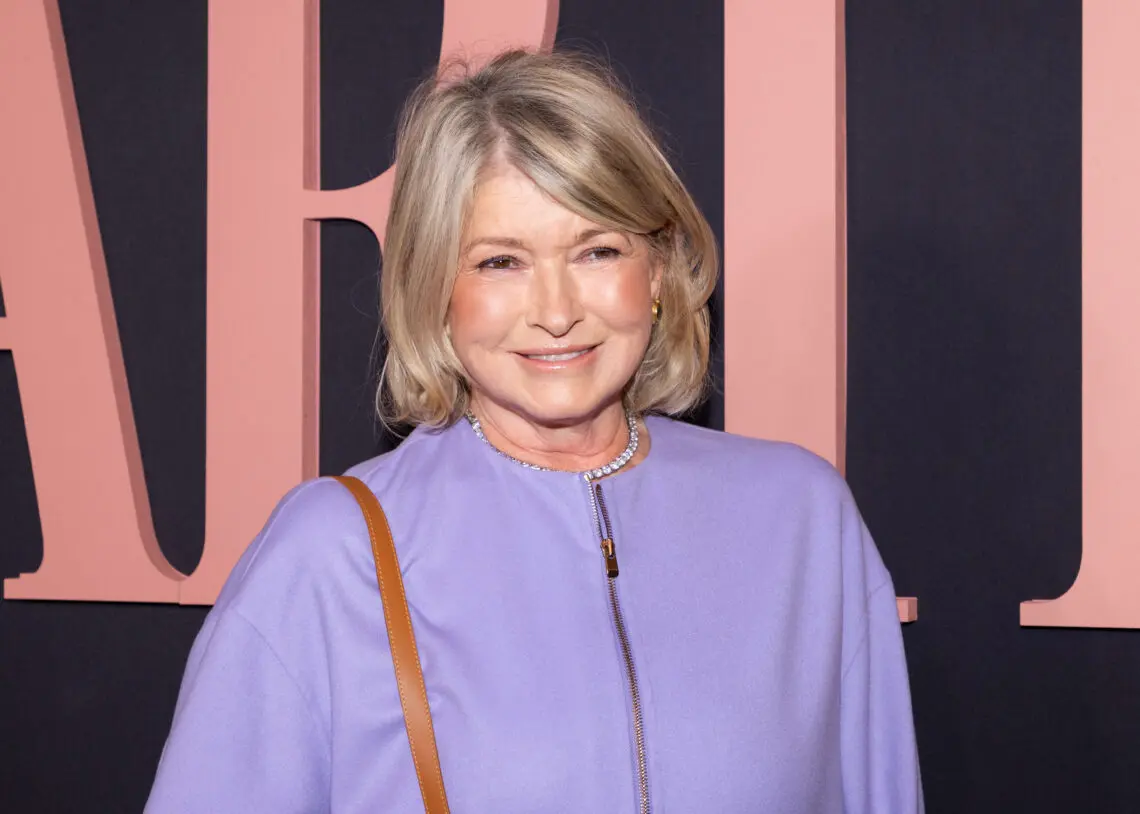Martha Stewart criticizes her new Netflix documentary
Martha Stewart has recently shared her thoughts on the new Netflix documentary, “Martha,” directed by R.J. Cutler. While the film delves into her extensive personal archives, Stewart has expressed dissatisfaction with several aspects of the final product, citing poor angles, an inappropriate musical score, and an unflattering portrayal in the documentary’s latter scenes.
The director and documentary style
R.J. Cutler, known for his biographical works such as “Billie Eilish: The World’s a Little Blurry” and “Elton John: Never Too Late,” took on the challenge of chronicling Stewart’s life and career. The documentary promises intimate interviews and rare glimpses into never-before-seen photos, letters, and diary entries from Stewart herself. However, despite giving Cutler total access to her archives, it appears not all material was used, much to Stewart’s dismay.
Martha’s view on the documentary’s content
In a recent interview, Stewart didn’t hold back her frustration, particularly with the final scenes that depict her in an unflattering light. “Those last scenes with me looking like a lonely old lady walking hunched over in the garden? Boy, I told him to get rid of those. And he refused,” she lamented. Stewart’s displeasure stems from a sense that those scenes fail to convey her true resilience and the circumstances at the time – a ruptured Achilles tendon requiring surgery that left her limping.
The musical score controversy
Another sticking point for Stewart is the documentary’s musical score. She had envisioned a vibrant soundtrack featuring rap icons like Dr. Dre, Snoop, or Fredwreck, which she felt would better represent her energetic persona. However, the final product includes a classical score, which Stewart found disappointing and misaligned with her image. “I said to R.J., ‘An essential part of the film is that you play rap music.’ And then he gets some lousy classical score in there, which has nothing to do with me,” she explained.
Focus on the 2004 trial
Stewart was also critical of the film’s focus on her 2004 trial related to the ImClone stock trading case. She felt that too much emphasis was placed on this period, which she views as a minor blip in her 83-year life. “It was not that important. The trial and the actual incarceration was less than two years out of an 83-year life,” she argued, even referring to her time spent incarcerated as a vacation of sorts.
Technical aspects: angles and shots
Stewart was particularly upset with the documentary’s camera angles. With three cameras at Cutler’s disposal, she felt he chose the least flattering shots. “He had three cameras on me. And he chooses to use the ugliest angle. And I told him, ‘Don’t use that angle! That’s not the nicest angle. You had three cameras. Use the other angle.’ He would not change that,” she revealed. This decision left Stewart feeling misrepresented and dissatisfied with the visual portrayal.
Positive takeaways
Despite her frustrations, Stewart acknowledged some redeeming aspects of the documentary. She appreciated the first half of the film, which explores lesser-known facets of her life and career. Stewart also found gratification in the positive reception from young women viewers, many of whom expressed how the film had given them newfound strength.
“So many girls have already told me that watching it gave them a strength that they didn’t know they had,” Stewart shared. “And that’s the thing I like most about the documentary. It really shows a strong woman standing up for herself and living through horror as well as some huge success.”
In essence, Stewart wanted a documentary that showed her resilience without boasting, a film that demonstrated her strength and ability to overcome life’s challenges while remaining true to herself. “It shouldn’t be me boasting about inner strength and any of that crap. It should be about showing that you can get through life and still be yourself,” she added.
Director’s response
In response to Stewart’s criticism, Cutler expressed pride in his work and respect for Stewart’s bravery in allowing him to tell her story. “I am really proud of this film, and I admire Martha’s courage in entrusting me to make it. I’m not surprised that it’s hard for her to see aspects of it,” he stated.
“Martha” is now available to stream on Netflix. This film offers a nuanced look at Martha Stewart’s complex life, providing insights that may inspire and provoke thought, despite Stewart’s mixed feelings about the final product.
Share your thoughts on the documentary and stay connected for more updates on upcoming films and features available for streaming.

 Italian
Italian







